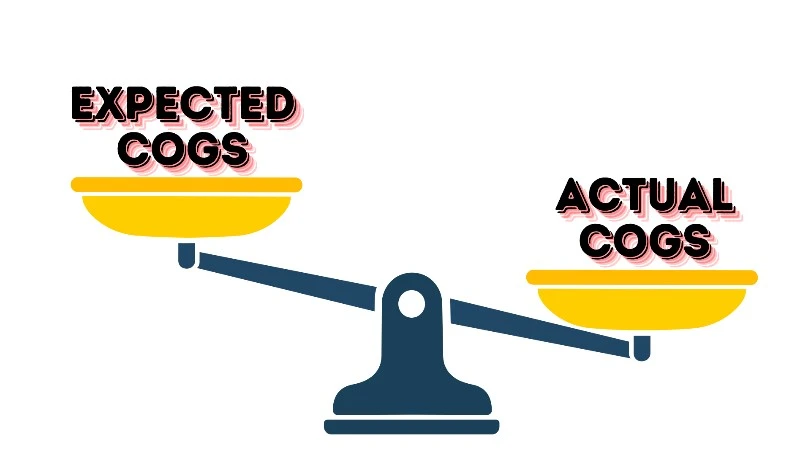Is Your Data Reliable Enough to Drive Smart Decisions?
Unreliable data can lead to poor decision-making, operational inefficiencies, and hindered growth.
Unreliable data can lead to poor decision-making, operational inefficiencies, and hindered growth.
UY's data intelligence ensures that your sourcing process is streamlined and reliable, minimizing disruptions and maintaining high-quality standards
Without accurate real-time data on production costs and status, optimizing operations and identifying cost-saving opportunities become nearly impossible.


Inconsistent or unrecorded process timings can lead to variations in product quality, affecting brand consistency.
Without precise data on yields, it's challenging to monitor production efficiency, leading to potential resource waste and higher costs.


Inaccurate data on production overfills can result in unnecessary costs and product waste, reducing overall profitability.
Data inconsistencies in sourcing can lead to supply chain disruptions, variable ingredient quality, and ultimately, inconsistent product outcomes.
Inaccurate Cost of Goods Sold (COGS) data can distort financial reporting, leading to incorrect pricing strategies and profit margin analysis.


Without real-time data on ingredient availability, maintaining consistent product quality across locations becomes difficult.
Poor inventory management data can result in stockouts, overstock, or wastage, significantly impacting operational efficiency.
Inaccurate or delayed inventory data leads to inefficiencies, such as stockouts or overstock, disrupting production schedules and increasing costs.


Manual inventory tracking is prone to errors, leading to inaccurate stock levels and inefficient use of warehouse space.
Inconsistent data entry and lack of real-time updates complicate compliance audits, exposing the business to legal and financial risks.

Inaccurate distribution data can lead to logistical challenges, delayed deliveries, and compromised product quality.
Without reliable data tracking, losses during distribution can go unnoticed, leading to increased costs and lower profitability.


Inaccurate data on wastages during distribution can lead to higher operational costs and negatively impact your bottom line.
Maintaining accurate and consistent data across retail operations is essential for efficient management and customer satisfaction.
Inaccurate inventory data can lead to stockouts or excess inventory, impacting sales and customer satisfaction.


Errors in labeling due to manual processes can lead to incorrect product information being displayed, affecting customer trust and sales.
Inconsistent or inaccurate data at the retail level can lead to poor customer service, lost sales, and a damaged brand reputation.
📊 Accurate Data | 📈 Optimized Operations | 🤖 AI-Powered Solutions

